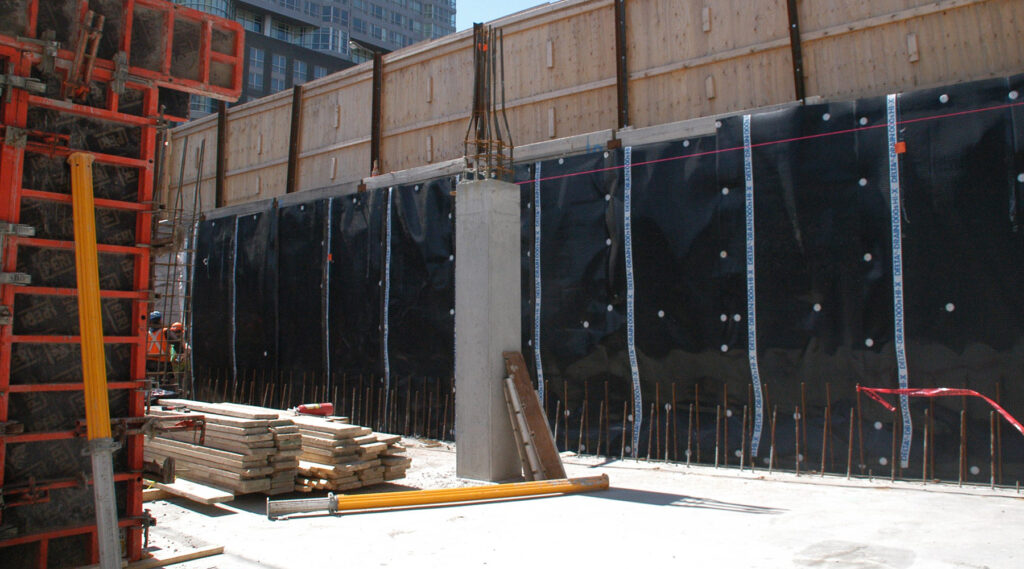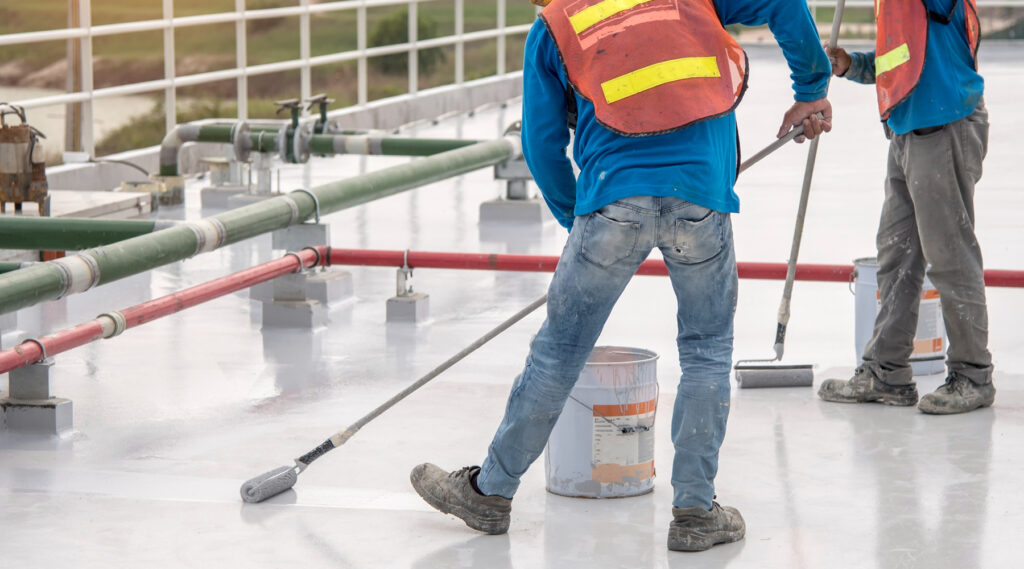How to Waterproof a Commercial Building?
Waterproofing a commercial building requires a systematic approach that addresses multiple vulnerability points while ensuring long-term protection against water infiltration. With over 23 years of experience, Tri-State Waterproofing has been a reliable name in commercial waterproofing in Gainesville, serving properties throughout Georgia, South Carolina, and North Carolina. This guide walks you through everything you need to know about waterproofing commercial buildings correctly. Initial Assessment and Planning Before waterproofing begins, thoroughly inspecting the entire building helps identify all weak spots, including cracks, drainage problems, and areas exposed to moisture. This is the first and most important step commercial waterproofing contractors take to create a targeted, effective plan. Comprehensive Building Evaluation A proper evaluation includes checking: Identifying Critical Areas Some areas are more likely to leak or suffer from water damage: A good Commercial waterproofing company in Gainesville will provide detailed recommendations and solutions tailored to these vulnerable areas. Foundation and Below-Grade Waterproofing Most water issues begin in a building’s lower parts, making this stage essential for any commercial waterproofing project. Exterior Foundation Waterproofing Interior Waterproofing Solutions When you can’t access the outside: Roofing Waterproofing Systems Commercial roofs are extensive and flat, making them more prone to water buildup. Reliable roofing systems are a top priority for any commercial waterproofing company in Gainesville. Low-Slope Roof Waterproofing There are several great options for low-slope roof protection: Roof Penetration Management HVAC units, vents, and cables often pierce the roof surface: Wall Waterproofing Strategies Walls are constantly exposed to rain, wind, and shifting temperatures. If ignored, water can creep in and cause hidden damage. Above-Grade Wall Protection Curtain Wall Waterproofing Modern commercial buildings often have large glass curtain walls: If you work with experienced commercial waterproofing contractors, they will factor all of these systems into your plan. Specialized Commercial Applications Some buildings require even more specialized systems based on how they’re used or where they’re located. Parking Structure Waterproofing These structures face chemicals, heavy traffic, and moisture: Plaza and Deck Waterproofing Outdoor decks, gardens, or rooftop areas need unique solutions: Installation Process and Best Practices Correct installation is just as important as material choice. Hiring a skilled Commercial waterproofing company in Gainesville ensures it’s done right the first time. Surface Preparation Requirements Quality Control During Installation Drainage and Water Management Good waterproofing works together with smart drainage systems. Site Drainage Design Building Drainage Systems A Commercial waterproofing company in Gainesville will design systems that fit your property’s needs and local rainfall patterns. Maintenance and Inspection Programs Routine checks are key to extending system life and catching small problems before they grow. Preventive Maintenance Planning Performance Monitoring Common Challenges and Solutions Even with good planning, challenges happen. Addressing Existing Water Damage Managing Building Operations Cost Considerations and Budgeting Budgeting for commercial waterproofing involves several key elements. Project Cost Factors Return on Investment Analysis Professional Installation vs. DIY Considerations This is one job best left to professionals. DIY might work for small homes, but commercial buildings are more complex. When Professional Installation Is Essential Selecting Qualified Contractors Conclusion: Protecting Your Commercial Investment Waterproofing a commercial building isn’t a luxury—it’s a necessity. Choosing experienced commercial waterproofing contractors like Tri-State Waterproofing can mean the difference between decades of protection and a costly failure. As a top Commercial waterproofing company in Gainesville, we provide expert services to help you seal out moisture, avoid future damage, and preserve your investment. Whether foundation repair, roofing, or drainage, Tri-State Waterproofing brings 23+ years of knowledge to every job. Ready to waterproof your building the right way? Contact Tri-State Waterproofing today to schedule your consultation with one of the leading commercial waterproofing companies.
How to Waterproof a Commercial Building? Read More »







